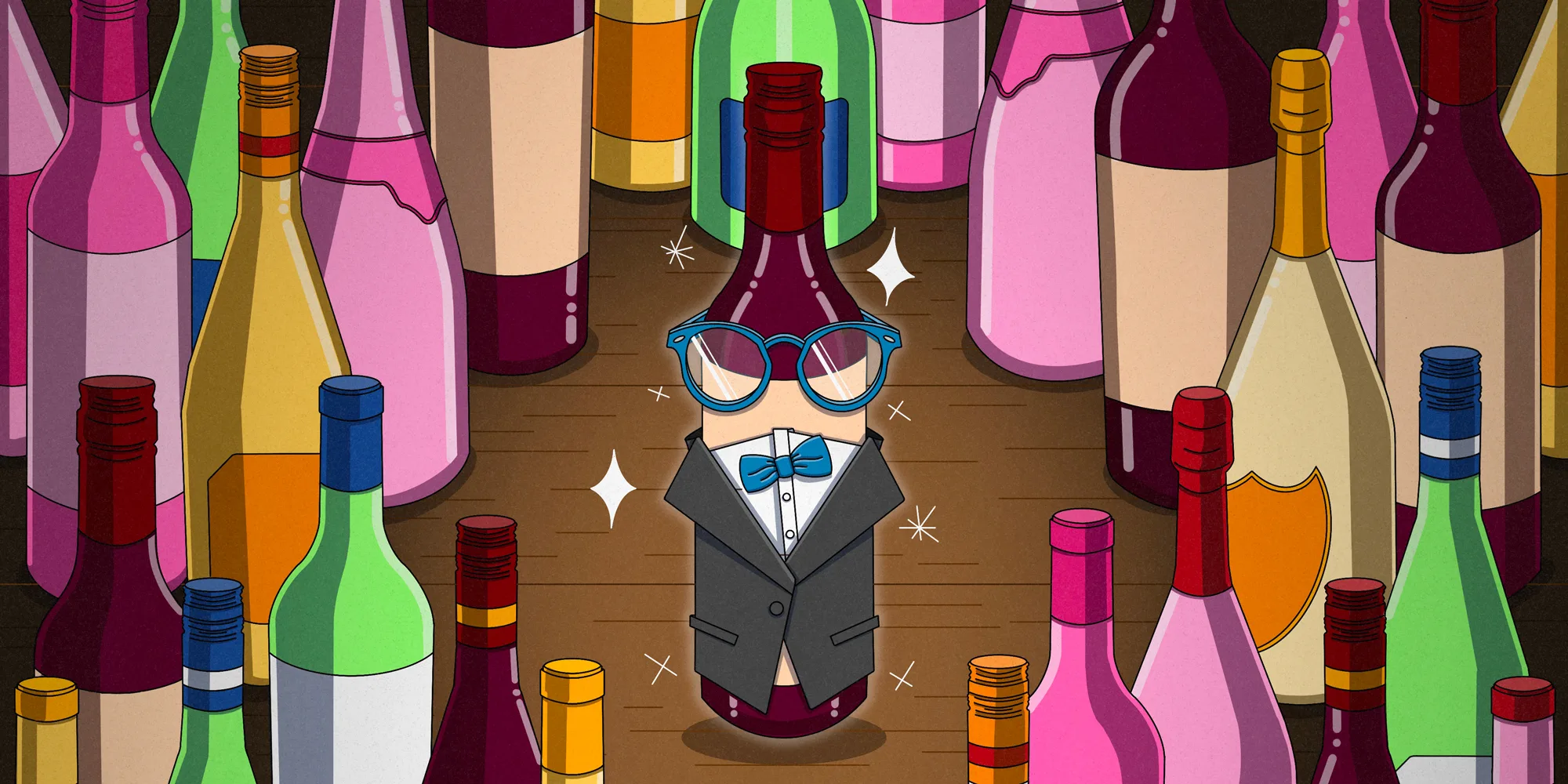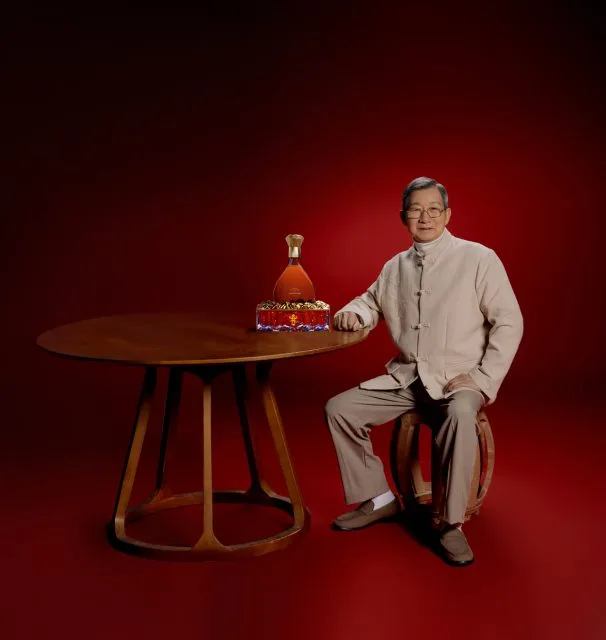Master Sommelier. After the unexpected sensation of the original “SOMM” film, the elite title bestowed by the Court of Master Sommeliers upon a tiny set of hospitality industry obsessives has gone from obscure insider jargon to the wine world equivalent of celebrity status.
“Are you a Master Sommelier?” is usually the first question I’m asked when an uninitiated civilian learns that long ago I slung bottles on the floor in the Manhattan restaurant thunderdome — my immediate “No, I’m most definitely not,” inspiring an unintentional expression of disappointment from my new acquaintance.
“In the States, you’re [now] a legend before you’re even dead,” says U.K.-based Eric Zwiebel, an actual Master Sommelier and former director of wine and executive head sommelier at The Samling Hotel and Summer Lodge Hotel, respectively. He clarifies that in Europe, a Master Sommelier is undoubtedly still very important. But in the States, one is viewed by the public as some kind of wine god. And with fewer than 300 of these deities globally, and a typical pass rate for the exam short of 10 percent after years of intensive and expensive study, the worship is understandable.
What follows the disappointed look after revealing my lack of elite status is typically a brief volley of fun facts regarding what a sommelier actually is (wine and beverage steward in a restaurant or hotel), the levels of certification (four), and why I never attempted to chase down the elusive MS crown (long story).
But the title’s meaning is changing.







